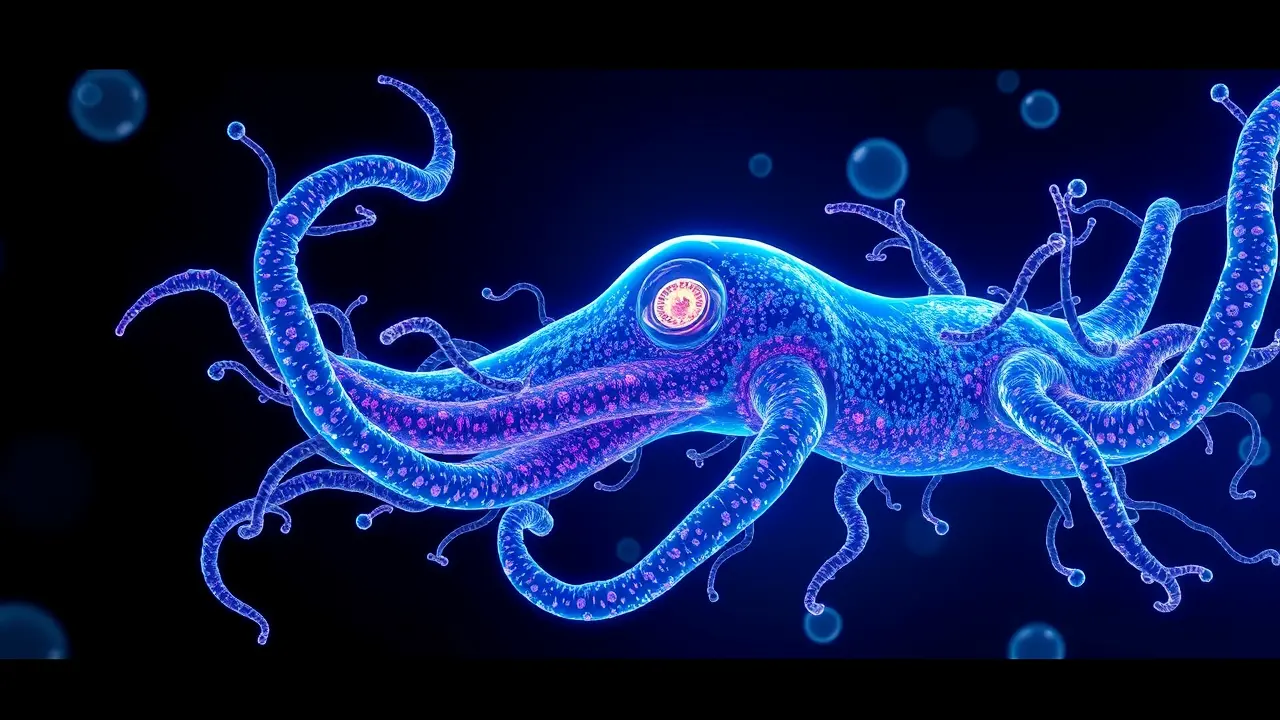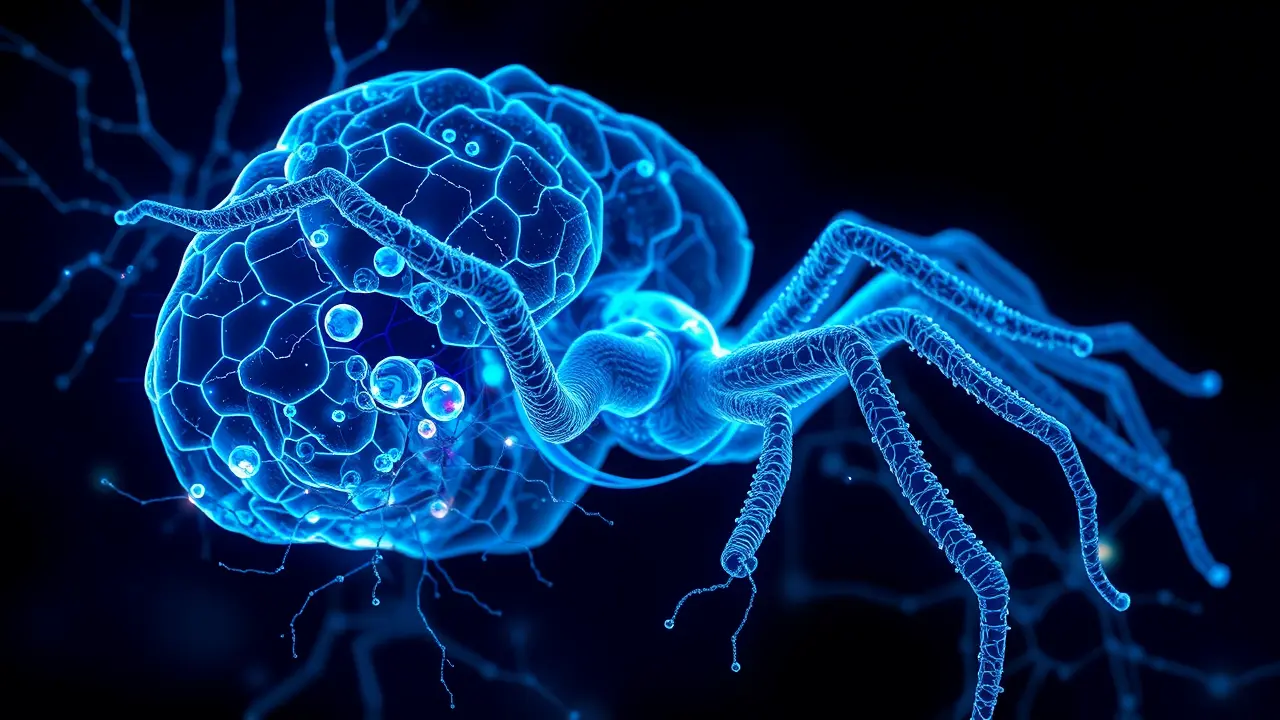
SciencebiologySynthetic Biology
Scientists teach bacteria the octopus’s secret to camouflage
KE
Kevin White
13 hours ago7 min read1 comments
In a stunning biotechnological breakthrough that reads like science fiction, researchers at the University of California, San Diego have successfully engineered bacteria to master the cephalopod's ancient art of camouflage by producing xanthommatin, the dynamic pigment that allows octopuses and squids to vanish into their surroundings with breathtaking speed. This isn't merely about teaching a microbe a new trick; it's about fundamentally rewiring its survival instincts, creating a self-perpetuating biological factory where the very act of producing this valuable compound is intrinsically linked to the organism's ability to live and proliferate.The implications are staggering, stretching far beyond the lab and into the future of materials science, where we could see adaptive camouflage coatings for vehicles and clothing, sustainable dyes for the textile industry that eliminate toxic runoff, and novel, biocompatible pigments for high-end cosmetics derived not from petrochemicals but from living, breathing biological systems. The methodology itself is a masterclass in synthetic biology, employing a clever feedback loop that essentially makes xanthommatin production a non-negotiable condition for bacterial survival, thereby dramatically boosting yields to commercially viable levels—a problem that has plagued previous attempts at microbial pigment production.This work sits at the thrilling convergence of CRISPR-based genetic engineering, metabolic pathway manipulation, and biomimicry, drawing direct inspiration from millions of years of evolutionary refinement in the ocean's depths. Experts in the field are already heralding this as a foundational step towards a new era of sustainable chemistry, where complex molecules are manufactured by designed biological systems with minimal energy input and waste output, a stark contrast to the resource-intensive processes of traditional chemical synthesis. The team at UCSD, by looking to the natural world for solutions, has not only unlocked a new tool for biotechnology but has also provided a powerful blueprint for how we might approach the synthesis of other complex natural products, from pharmaceuticals to advanced polymers, fundamentally changing our relationship with manufacturing and setting the stage for a future where biology is the most advanced technology we have.
#featured
#bacteria
#xanthommatin
#camouflage
#biotechnology
#sustainable chemistry
#materials science
Stay Informed. Act Smarter.
Get weekly highlights, major headlines, and expert insights — then put your knowledge to work in our live prediction markets.
Related News
© 2025 Outpoll Service LTD. All rights reserved.












